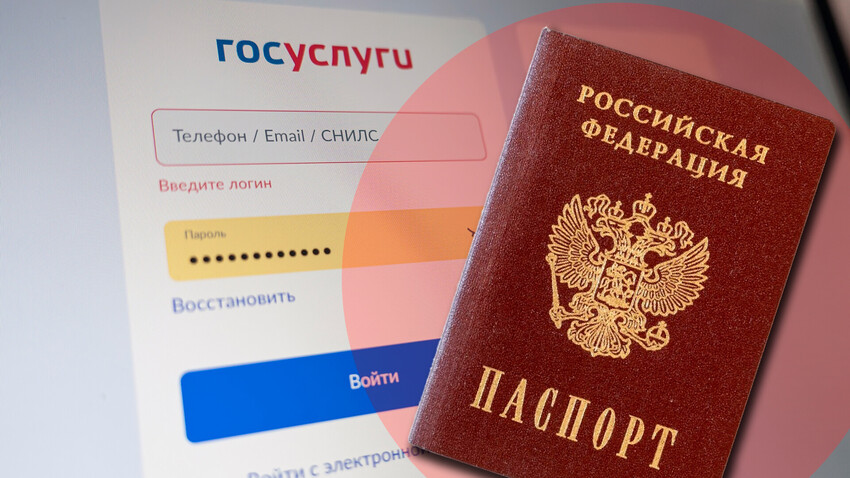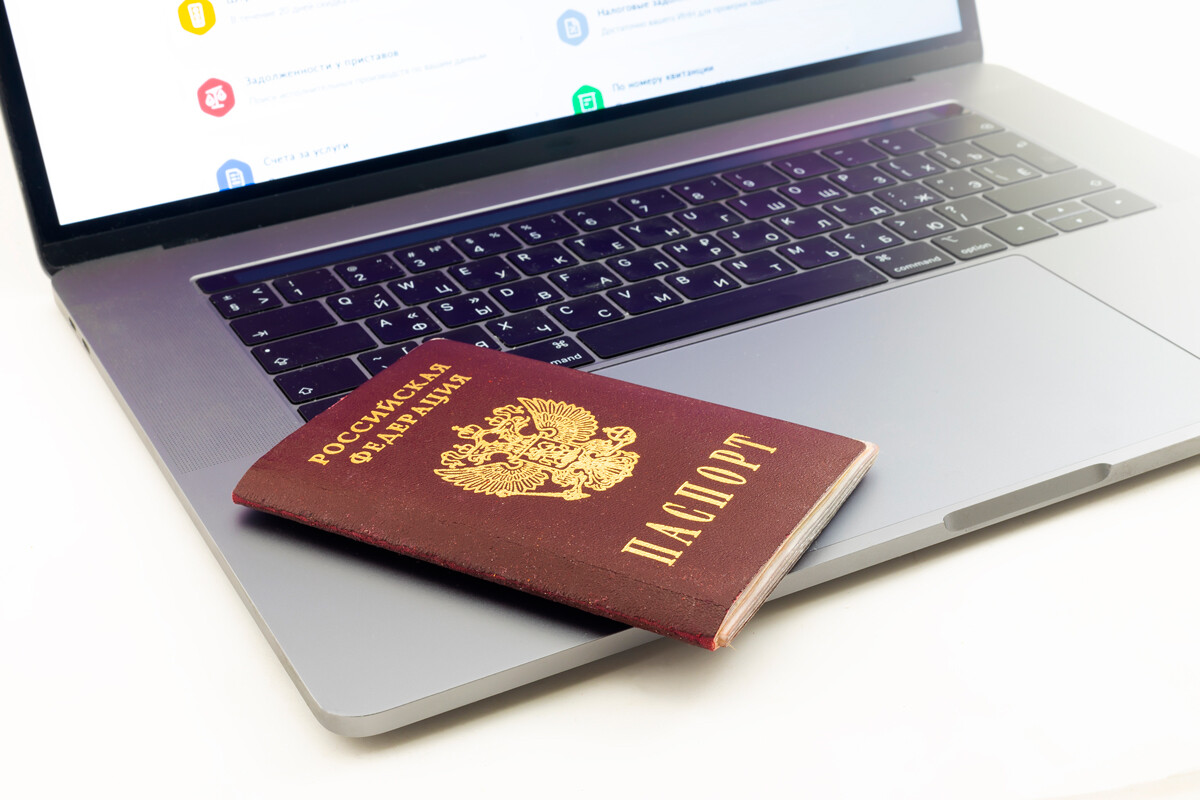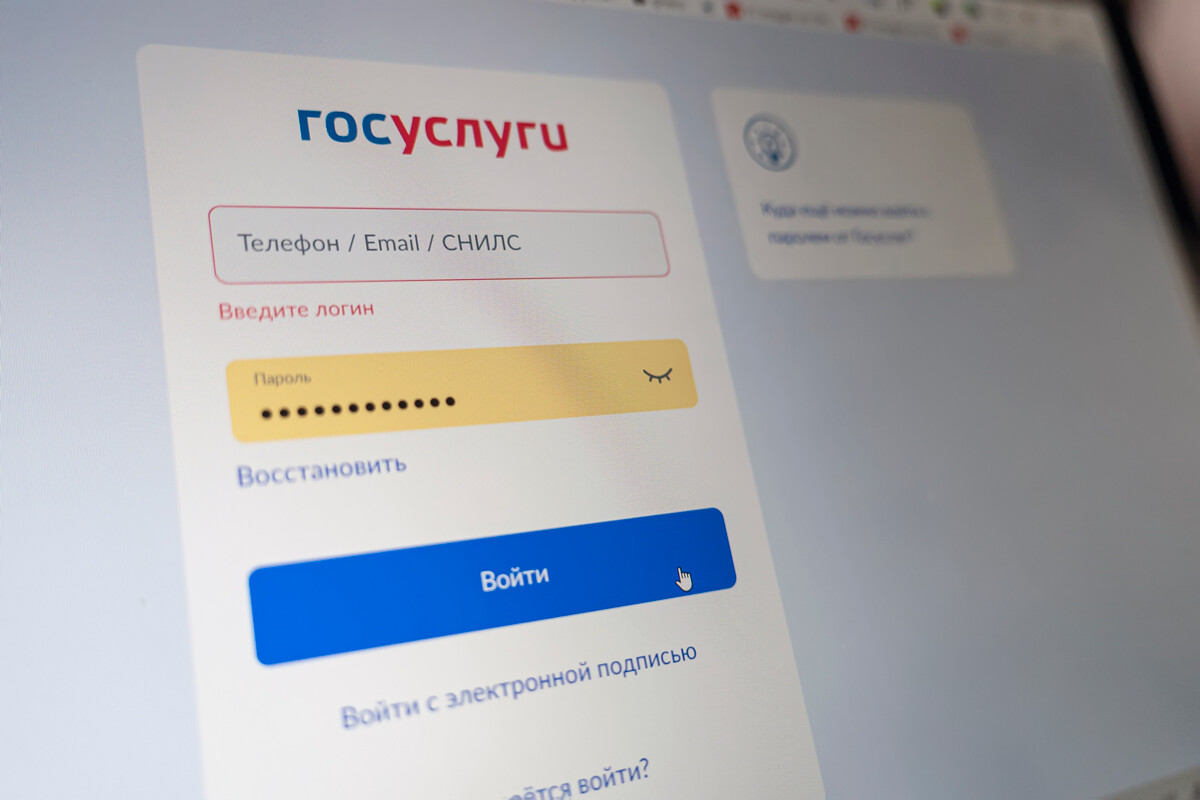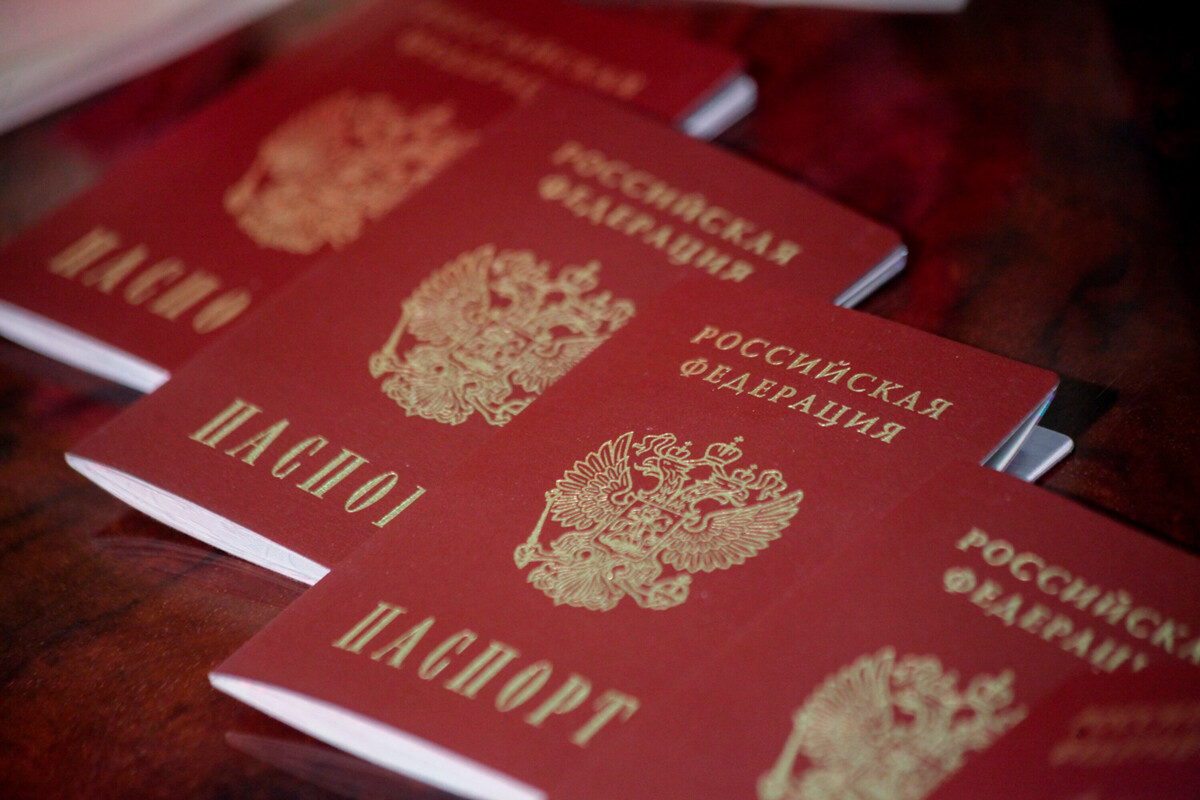
On September 18, Russian President Vladimir Putin signed a decree on the ‘digital passport’, as the media dubbed it. According to the decree, it is now possible to provide your identification electronically, via a mobile application, instead of the usual physical paper passport (and other official documents). ()

As stated in the document: "The submission of information using a mobile application is voluntary." Paper passports, however, will not disappear from the document circulation.
"Existing paper documents will retain their status – they can still be presented without any restrictions," the Ministry of Digital Development (‘Mintsifra’) explains on its official social media accounts.
Back in February 2023, Maksut Shadaev, the head of the ministry, described the technology of using a "digital passport". For this purpose, a QR code is generated in the mobile application ‘Gosuslugi’ (‘State Services’), which leads to the page with the required document in this application.
This is the principle on which the ‘Gosuslugi Auto’ app now works. In 2022, drivers were allowed to present a QR code on their smartphone instead of their license and car documents, but they still needed to have the physical documents with them. Nevertheless, with the help of this application, it was possible to draw up a 'Europrotocol' (simplified registration) faster in case of a road accident and attach a photo from the scene of the accident.

In addition, ‘Mintsifra’ clarified that the ‘Gosuslugi’ app could also be used instead of some certificates. And, in "certain, everyday cases" – instead of a passport.
However, it has not yet been announced in what cases this new "digital passport" will be used. Details will be determined within three months, as it follows from the decree.

The main document of a Russian citizen is an internal passport, which is issued to citizens from the age of 14. In addition to name and surname, the passport contains the address of registration, information about registered marriages and divorces, the existence of children and other information.
Until the age of 14, identity is established by birth certificate, where the parents are indicated.
In case of loss of a passport or while waiting for its preparation, a citizen is issued a temporary certificate.
To travel abroad, Russians have to obtain a second, “foreign” passport, in which visas are issued and border crossing stamps are put.
A sailor's passport and a military serviceman's identity card also serve as identification documents.
These documents are needed for traveling (without them, you cannot buy tickets for either domestic or international travel), as well as for any employment and even to buy alcohol or tobacco.
A driver's license, meanwhile, is not considered an official document of identity in Russia.
Since 2013, a project to switch to electronic card passports has been in development, i.e. a plastic card with a chip on which information about the citizen is recorded. Among other things, it could contain not only passport data, but also data on health insurance, driver's license, biometric data and so on). The project was, however, frozen in 2022.
Dear readers,
Our website and social media accounts are under threat of being restricted or banned, due to the current circumstances. So, to keep up with our latest content, simply do the following:
Subscribe to our Telegram channels: Russia Beyond and The Russian Kitchen
Subscribe to our weekly email newsletter
Enable push notifications on our website
Install a VPN service on your computer and/or phone to have access to our website, even if it is blocked in your country
If using any of Russia Beyond's content, partly or in full, always provide an active hyperlink to the original material.
Subscribe
to our newsletter!
Get the week's best stories straight to your inbox